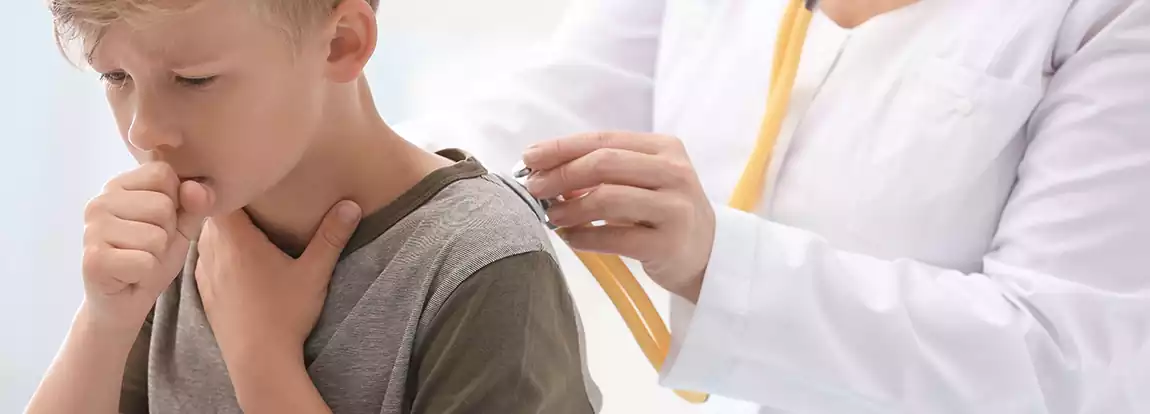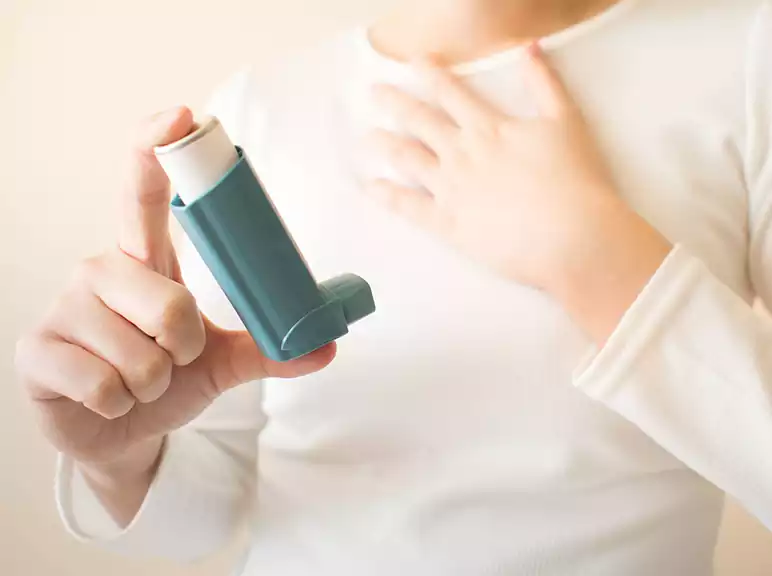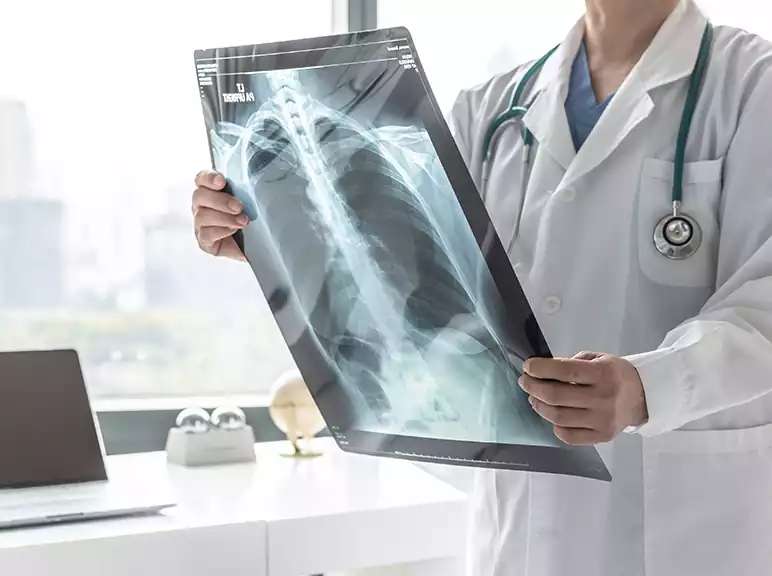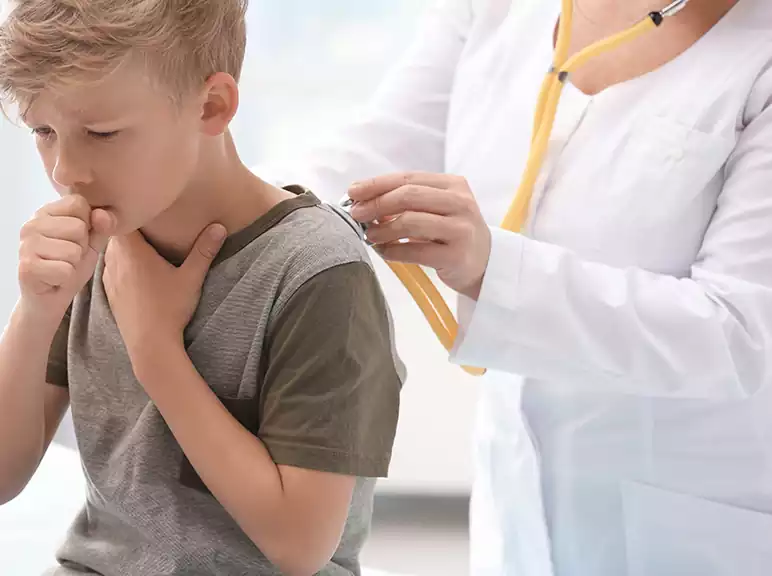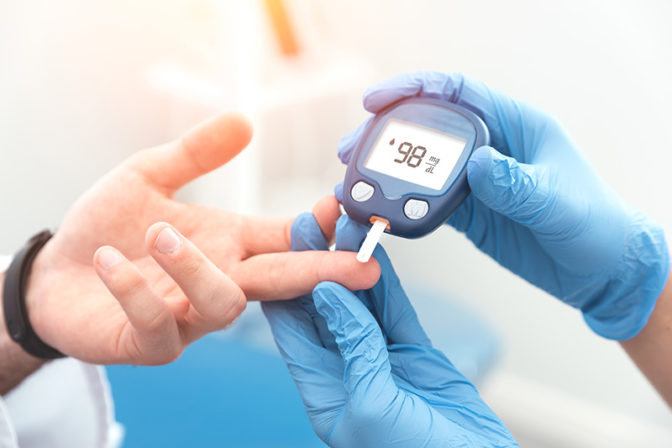Respiratory Infections
Respiratory tract infections (RTIs) may affect the sinuses, throat, airways or lungs. Without medication, most Respiratory Infection get improved, but you may need to see your GP.
Symptoms of Respiratory Infection include:
- a cough – may bring up mucus
- sneezing
- a runny or stuffy nose
- a sore throat
- headache
- muscle aches
- breathlessness, tight chest or wheezing
- a high temperature (fever)
- feeling commonly unwell
- abnormal fatigue
Coughing, in particular, is a very unpleasant symptom. Coughing is a jerky air discharge from the airways through contraction of the muscles of the respiratory system. Coughing is used to remove foreign bodies, diseases, toxins and mucus from the respiratory tract due to infection. It is, therefore, an essential self-cleaning and airway defence mechanism and should not be abolished. A distinction is drawn between production (mucus) coughing and unproductive (mucus) coughing.
Symptoms may occur individually or consecutively depending on the severity of the infection and the condition of the immune system. It is very rare for all to coincide. The so-called influenza infections are sometimes self-limiting and stop after ten days or so. Real influenza or the flu is more severe. It suddenly begins at high temperatures, a sore throat or a dry cough, sore muscles and joints, and back pain or headache. Usually, the person who has the infection feels weak. Often additional symptoms may occur, such as sweat, breathing difficulties and, sometimes, nausea and diarrhoea.
You can do things yourself
Most RTIs will be passed within 10 to 15 days. Your symptoms can usually be treated at home.
Do
- Get a lot of rest
- Drink plenty of water to loosen the mucus and make cough easier
- Drink a hot lemon and a sweet drink to relieve toxins (not for babies)
- Gargle with salty, warm water (children shouldn’t try) if you have a sore throat
- Raise your head when you sleep with extra pillows to facilitate breathing and clear your mucus chest
- Use painkillers to reduce fever and relieve sore throat, headaches and muscle aches.
Don’t
- do not let kids breathe in steam from a bowl full of hot water as there’s a risk of scalding
- do not administer aspirin to kids under 16
- do not smoke – it can worsen your symptoms
Our experienced doctors at AVIVO Clinic can help with a Respiratory Infection
Our Doctor can recommend treatments to help alleviate your symptoms, including decongestants and nasal sprays. You can also buy cough and throat lozenges, but few pieces of evidence show that they are helpful.
In some treatments, paracetamol and ibuprofen are contained. Be thoughtful not to take more than the recommended dose if you take these medicines separately. Some treatments are not appropriate for children, infants and pregnant women. Our Doctors can advise you on your or your child’s best treatment.
Treatment from our GP
Treatment depends on the cause of your Respiratory Infection:
- a virus (like cold) – it usually clears up by itself after a few weeks and antibiotics will not help
- bacteria (like pneumonia) – our GP may prescribe antibiotics (make sure you complete the entire course as advised by our GP, even if you begin to feel better)
At times a sample of your mucus may require to be tested to see what’s causing the Respiratory Infection.
How can respiratory infections be treated?
In the event of especially severe symptoms, plant preparations are commonly prescribed, that is meant to loosen the secretion, and that may help you to sleep better.
- Ribwort
- Thyme
- Ivy
- Chamomile
- Primrose root
are common substances in juices and teas
Sometimes it makes sense to use essential oils to treat the chest and back. Antibiotics do not work because viruses cause many respiratory infections. Antibiotics should only be prescribed in the case of an additional bacterial respiratory infection.
You can do the following as well:
- Ensure that you drink enough (at least two litters a day). It will support mucus liquefaction in the respiratory tract.
- Do not smoke (either active or passive).
- Provide adequate humidity in heated areas: regularly ventilate and put a bowl of water on the heater.
- Mucolytic drugs help to liquefy the viscous mucus and make it easier to cough.
- Essential oils, such as lavender oil, eucalyptus oil, thyme oil and peppermint oil, have an antibacterial and expectorant effect. Get adequate pharmacy capsules.
- Airways are moist by inhalation or steam baths with sea salt or herbal infusions (e.g. camomile or peppermint tea). It supports mucus removal.
Use of antibiotics
Antibiotics are used to manage bacterial infections. They are not used for managing viral infections as they do not work for this sort of disease.
How to prevent passing Respiratory Infection on to others:
- must cover your nose and mouth while you sneeze or cough
- wash your hands regularly
- discard away used tissues immediately
How to prevent getting a Respiratory Infection
If you keep getting an infection or you’re at a high risk of getting one (for instance, because you’re over the age of 60 or have a serious long-term health condition), you must:
- ask our GP about the annual flu vaccination – find out if you’re eligible for the free flu vaccine
- check if you should have the pneumococcal vaccine – this helps you from pneumonia
- Quit smoking if you smoke
- consume less alcohol

